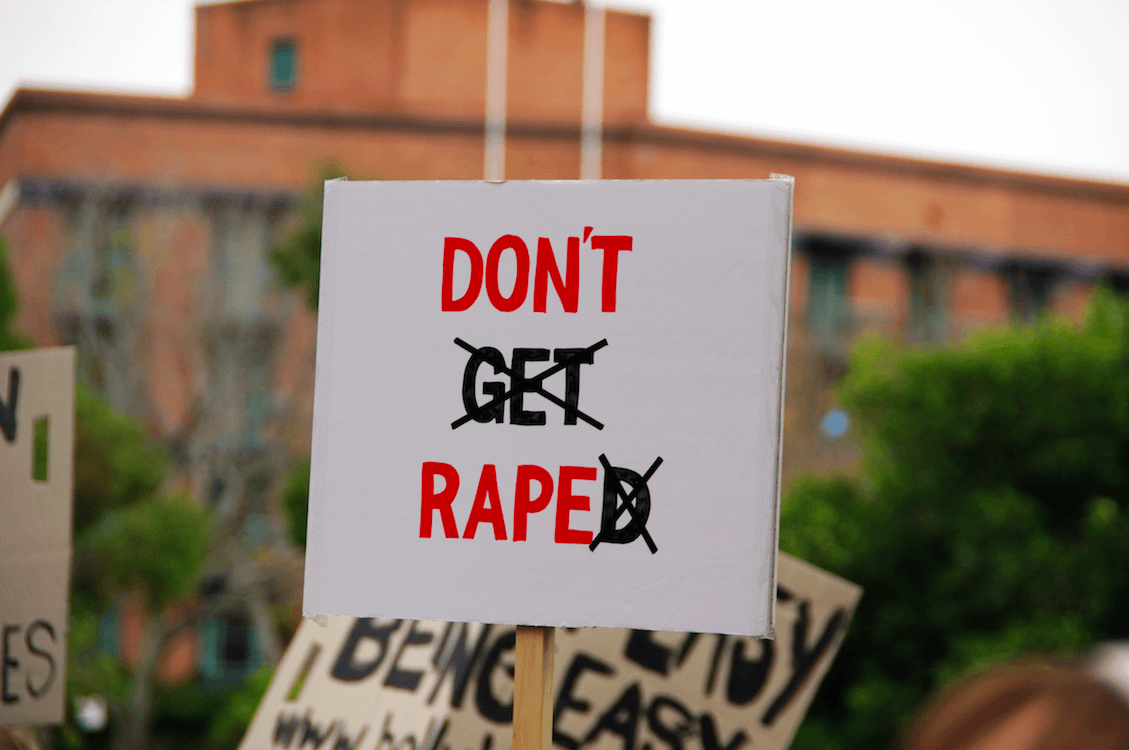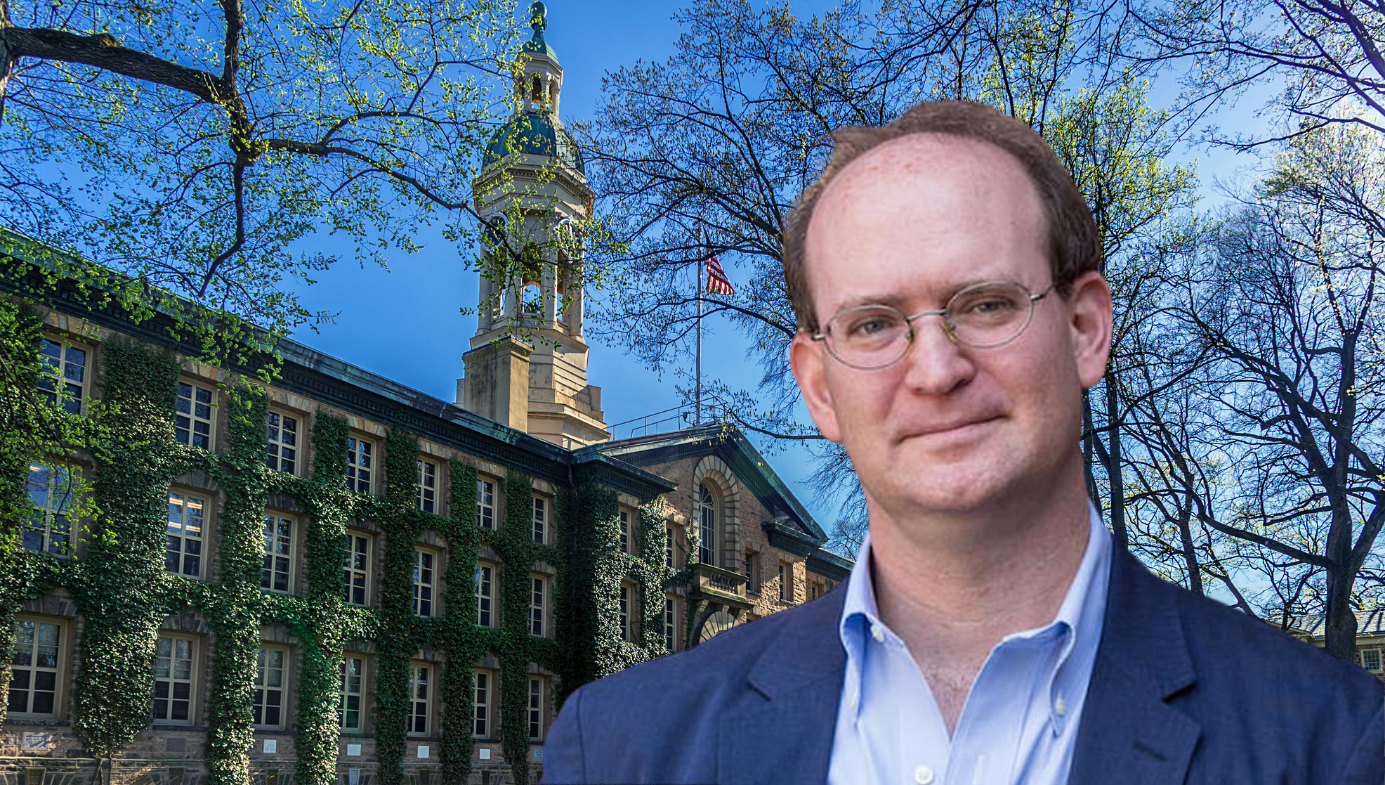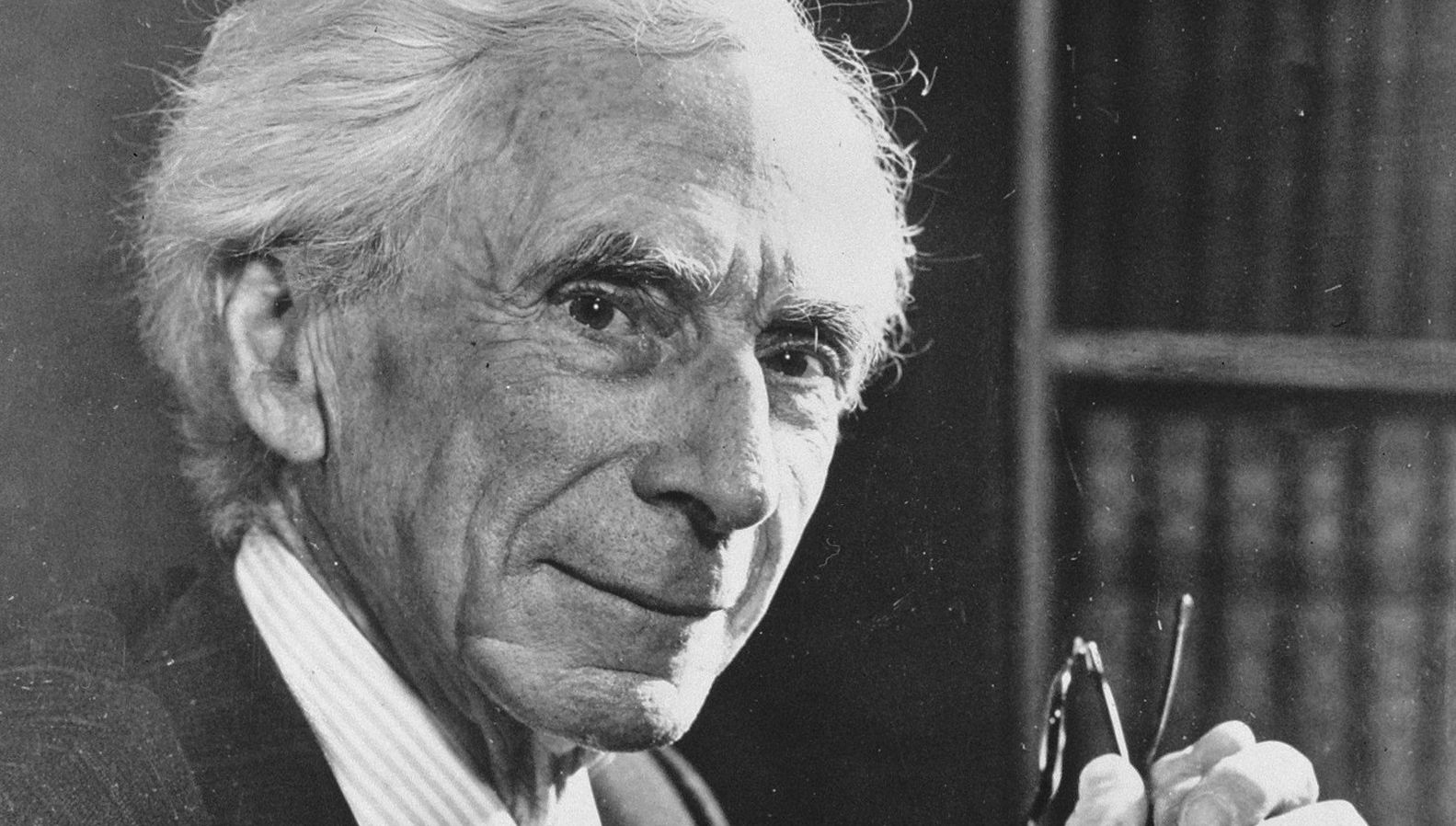Free Speech
Je Suis George Lawlor
University life is beginning to sound like a dystopian world; hollow-eyed students hunting in packs, scouring the landscape for dissenting individuals unplugged from the matrix.

“At any given moment there is an orthodoxy, a body of ideas which it is assumed that all right-thinking people will accept without question. It is not exactly forbidden to say this, that or the other, but it is ‘not done’ to say it, just as in mid-Victorian times it was ‘not done’ to mention trousers in the presence of a lady. Anyone who challenges the prevailing orthodoxy finds himself silenced with surprising effectiveness. A genuinely unfashionable opinion is almost never given a fair hearing, either in the popular press or in the highbrow periodicals.”
George Orwell, “The Freedom of the Press”.
We had it so good. Those of us that attended university prior to the 21stcentury not only had our fees paid (thank you, tax payers of the past), but we found ourselves in an environment where ideas were encouraged and lazy thinking was challenged without resentment. As far as we were aware, there was no status quo in the Union – with the exception of their regular appearance on the playlist at the retro dance-a-thon.
University life is beginning to sound like a dystopian world; hollow-eyed students hunting in packs, scouring the landscape for dissenting individuals unplugged from the matrix. I truly hope that this nightmare scenario is not as bad as it seems from the outside, but I fear that we should be concerned.
George Lawlor, a second year student at Warwick University, wrote an article last month for Warwick’s branch of The Tab, an online platform for student writers. It was a personal piece, in which he took umbrage at a Facebook invitation to a workshop on sexual consent and healthy relationships; he also questioned the overall effectiveness of such initiatives, saying that he didn’t need to be “taught not to be a rapist.”
To be honest, I found it a rather naïve piece of writing; there were moments when my face did make contact with my palm. Lawlor did not make a particularly strong case against consent workshops, nor did he give a very convincing account as to why exactly he found the invitation so invasive and so offensive to him as an individual.
There are lots of reasons why young people should be encouraged and given opportunities to talk about consent, most especially when they arrive at university and may be exposed to unfettered freedoms for the very first time. That said, I do so wish that they wouldn’t describe such workshops as “safe spaces”; personally, I find it triggering.

George Lawlor is 19 and is still (I hope) in the process of forming his world-view. I do not say this to be patronising, and I apologise if that’s how it seems. As someone who makes a living working with teenagers and previously with undergraduates, I find young people interesting, stimulating and often inspirational. But what kind of world would we be in, were nobody to develop their philosophy beyond the outlook of a 19-year-old? Young people’s views are emergent and exploratory. They express them with utter conviction, but their perspective will develop and adjust as they grow. That’s just as it should be.
But wait – this is the 21st century dystopian nightmare, remember? No one is allowed to be young any more; it’s Logan’s Run in reverse.
No doubt Lawlor expected some opposition. What he was not prepared for was to be branded a “rape apologist” and even a “rapist”, labelled a “misogynist”, screamed at by women and threatened by men. He did not expect to go through a period where he felt that he could no longer attend lectures at his own university due to the hostility that he faced. He did not expect to receive online messages from strangers saying that they were “glad” about the threats and abuse that he was receiving, that threats and abuse were “no less than he deserved.”
Equally depressing has been the sectarianism and confirmation bias that comes into play whenever a case such as this dares to touch upon the thorny issue of consent. As a left-leaning liberal, who supports women’s rights and is appropriately concerned about their sexual safety, I am expected to swallow every scare-mongering statistic that I am presented with, however dubious it might seem under scrutiny. I am also expected to condemn George Lawlor. Because not doing so means that I’m a rape apologist – right? I am sick of having to turn to the right-wing press for balance and sanity – what has happened to the liberal left?
One piece that has been shared a great deal is an open letter to Lawlor, in which college student Pegah Maleki rolls out some dubious statistics that should make any sane person raise their eyebrows: “about one third of college aged men (31.7 percent) admitted in a study done at the University of North Dakota, that they would rape a woman, if there were no consequences.”
The most perfunctory research reveals that this so-called study is widely discredited. Amongst numerous problems with its construction, the most obvious issue is that the interview sample consisted of 86 males, only 73 of which were actually used in the report; not exactly representative when the student body at North Dakota is around 15,000, and certainly not a study worth quoting as in indicator of young men’s desires in general.

The sad thing is that I agree with many of the points that Maleki raises, but the inclusion of such dubious “evidence” will not endear her case to anyone with an inquiring mind – myself included.
So this is where we find ourselves. We cannot, it seems, explore and discuss the best ways in which to increase understanding and awareness amongst young men and women about consent – not without hysterics and misrepresentation. We cannot talk sensibly about rape.
George Lawlor appears to be a decent young man, and I have no doubt that he treats the women in his life with respect. But thanks to this fiasco, we women are in danger of losing him as an ally. His visible support comes almost exclusively from men, and mainly from men who are right of centre. He is backed by Martin Daubney, ex editor of Loaded magazine and – for all his good intentions – unlikely to recruit many feminist allies. (Sorry, Martin). He is also supported by outspoken right-wing radio host Nick Ferrari – God help us – and a swarming online army of MRAs, some of whom are sane, some of whom are not.
As part of the dwindling liberal left, I worry that we are driving yet another decent young man away from the pursuit of understanding and equality, pushing him further and further towards a world in which he feels that only men – conservative men – can understand him.
If this is what it takes to redress the balance, and though I disagree with a great deal of what he said, for the benefit of all of us, I will say it.
Je suis George Lawlor.






